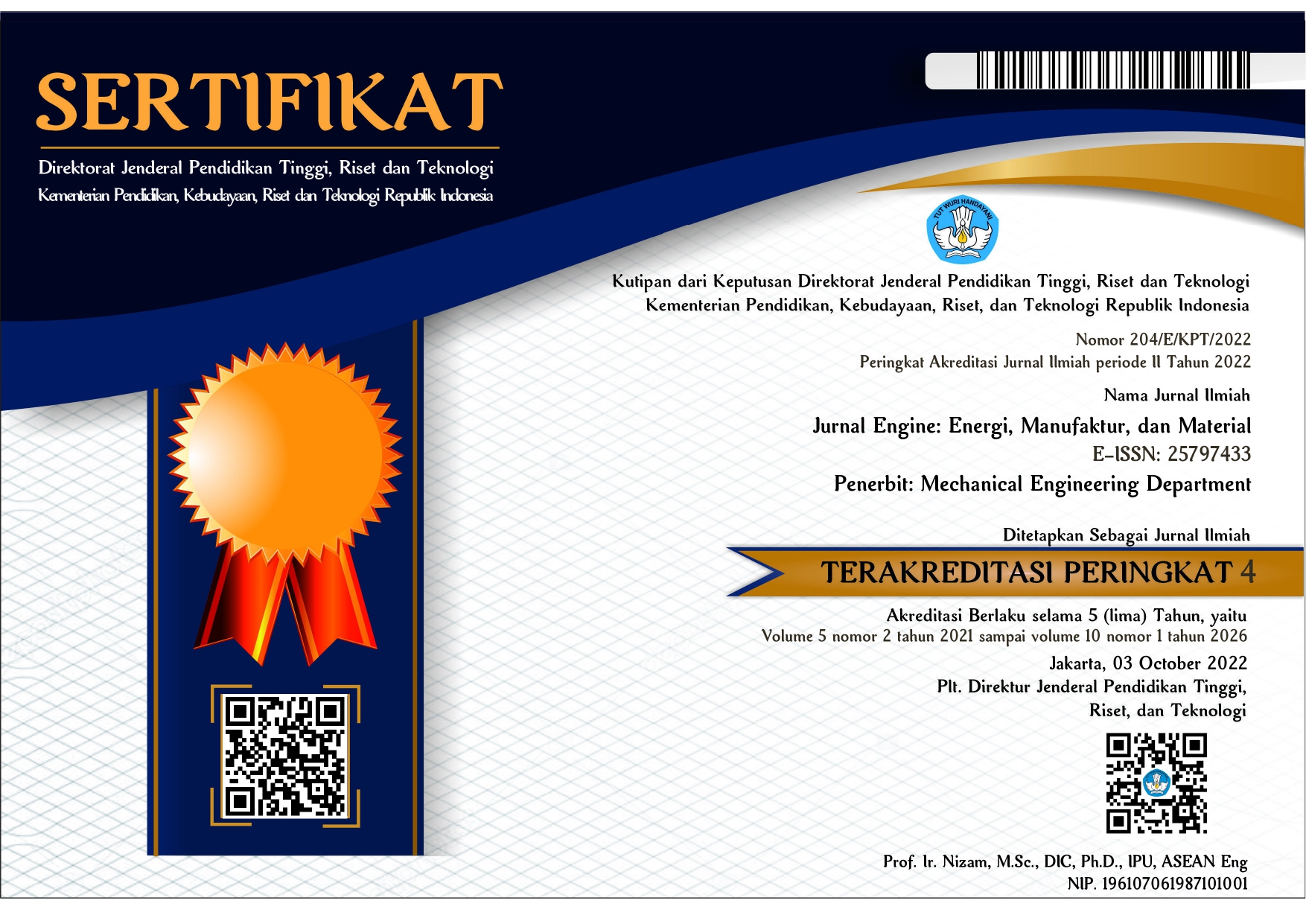DETEKSI SUHU TUBUH DAN MASKER WAJAH DENGAN MLX90614, OPENCV, KERAS/TENSORFLOW, DAN DEEP LEARNING
DOI:
https://doi.org/10.30588/jeemm.v6i1.910Keywords:
Raspbeery Pi, MLX90614, Deeplearning, OpenCV, Tensorflow, Covid-19, Image ProcessingAbstract
Digital image processing technology combined with sensors is currently being used. This technology can help various needs such as education, industry and health. During the COVID-19 crisis, people are required to wear masks for protection. The public is also required to check their temperature regularly, which will have a significant health impact. This can reduce the risk of transmitting the Covid-19 virus. In this study, the author uses a WebCam camera and a temperature sensor MLX90614 as a tool to monitor the use of masks and measure body temperature. The author uses OpenCV for digital image processing and Tensorflow as a deep learning method for mask detection. The result of this study is that Tensorflow can detect wearing a mask with 99% accuracy. The MLX90614 sensor can measure body temperature with 99% accuracy at a reading distance of 5 cm to 10 cm.
Downloads
Additional Files
Published
How to Cite
Issue
Section
License
Authors who publish with Jurnal Engine: Energi, Manufaktur, dan Material agree to the following terms:
Authors retain copyright and grant the Jurnal Engine: Energi, Manufaktur, dan Material right of first publication with the work simultaneously licensed under a Creative Commons Attribution 4.0 International License that allows others to share (copy and redistribute the material in any medium or format) and adapt (remix, transform, and build upon the material) the work for any purpose, even commercially with an acknowledgment of the work's authorship and initial publication in Jurnal Engine: Energi, Manufaktur, dan Material. Authors are able to enter into separate, additional contractual arrangements for the non-exclusive distribution of the journal's published version of the work (e.g., post it to an institutional repository or publish it in a book), with an acknowledgment of its initial publication in Jurnal Engine: Energi, Manufaktur, dan Material. Authors are permitted and encouraged to post their work online (e.g., in institutional repositories or on their website) prior to and during the submission process, as it can lead to productive exchanges, as well as earlier and greater citation of published work (See The Effect of Open Access).


















